Textbook of Applied Aquatic Biology
The book has been written covering applied aspects of hydrobiology in order to cater to the needs of students and teacher in Indian universities and colleges. A textbook of this kind will be of immense use of all those who study or teach a special course in aquatic biology or as part of their curriculum. To start with the book in order to explain the relationship of the hydrosphere with other components of the ecosphere, a chapter on biosphere is incorporated as Chapter 1. Various physico-chemical properties of water and their interaction with the environmental factors and the responses of organisms to their physical environment are narrated in Chapters 2 and 3 respectively. During the 1990’s there was a mad race to convert the paddy field and mangrove swamps into aquaculture ponds to grow the tiger prawn and earn money along the both coasts of India, specially in Andhra Pradesh. The Coastal Zone Regulation Act 1992, posed stringent measures and the EIA was extended to aquaculture also. Now all the aquaculture ponds with more than 20 ha area are to be scrutinized by EIA before establishment. The importance of ecology and status of mangrove ecosystems of India is included in Chapter 4. Another important aspect of aquatic biology is study of interstitial and intertidal organisms. There is very merge information available on these topics. With a view to discuss this the topics are dealt in Chapter 5 and 6. Another most fascinating avenue yielding field is pearl culture. In India aquaculture scientists are now producing indigenous pearls using modern techniques. Details about the pearl culture practised and its status is described in Chapter 7. Chapter 8 embodies information of drift animals and phytoplankters. Pollution problem is a global concern. The water pollutants, their impact, drinking water purification and water pollution abatement methods adopted in India and elsewhere are illustrated in Chapter 9. The author have carried out research on waste stabilization ponds for waste treatment during the past 20 years. The stabilization pond systems are found to be the most suitable cheap techniques to a tropical country like India. Eco-biology of these ponds is covered in Chapter 10. The last chapter of the book deals with fresh and marine bio-toxins which is another rare information being made available for the readers. The book may not only provide reference but also serve as a guide and inspiration for future research. The scientists, teachers, scholars are expected to find this book indispensable.
BECOME A MEMBER

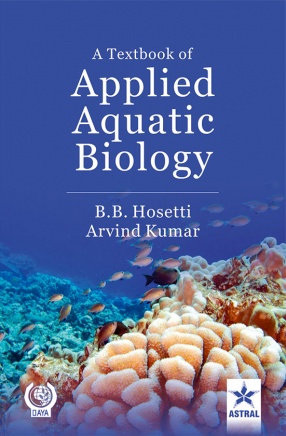
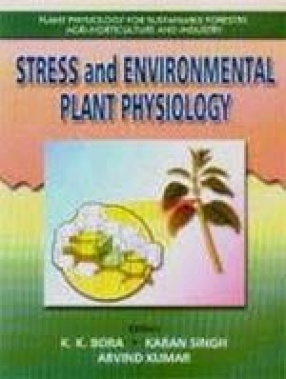
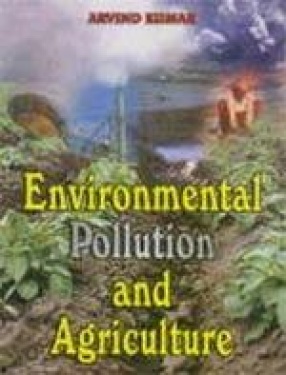
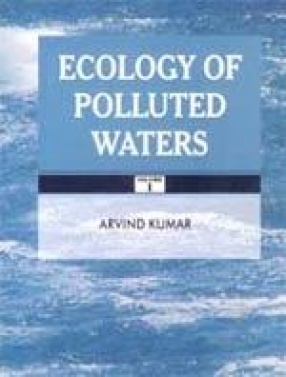
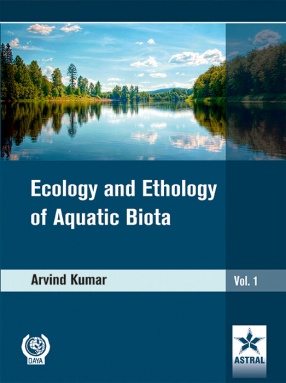
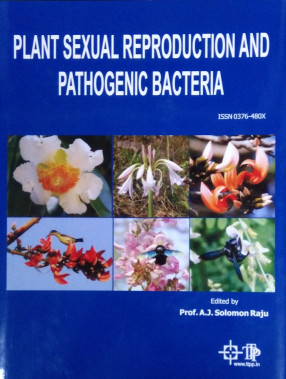
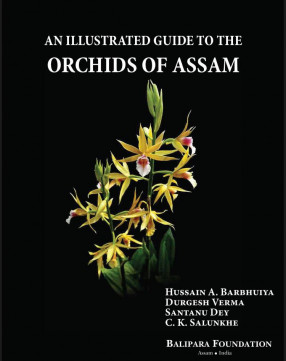
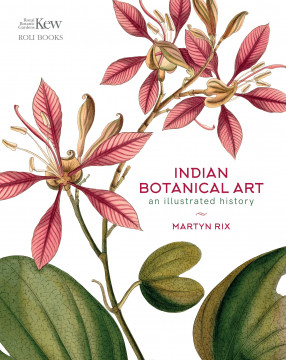
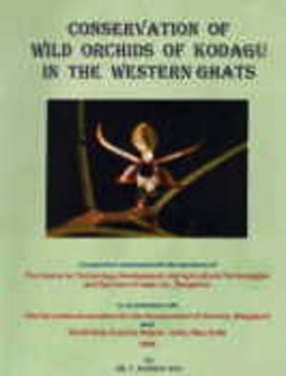

Bibliographic information
Arvind Kumar